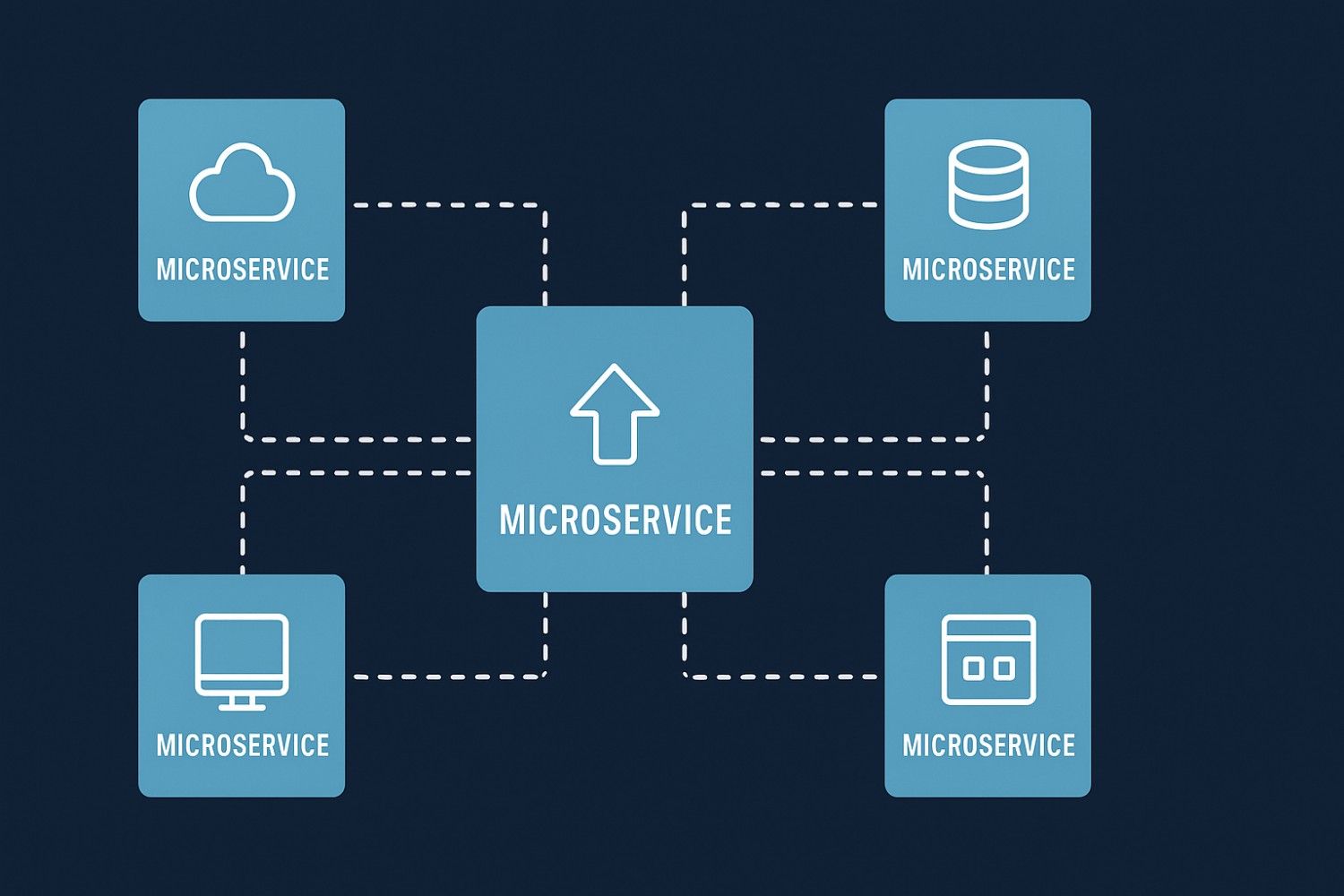Table of content
SHARE THIS ARTICLE
Is this blog hitting the mark?
Contact Us
Table of Content
- What is Test Driven Development (TDD)?
- How does TDD work?
- What are the benefits of TDD?
- Conclusion
- FAQs
As a founder of a software testing company, I often get asked by my clients and prospects: what is the best way to test software? How can we ensure that our software meets the requirements, works as expected, and is free of bugs?
There are many approaches and methodologies to software testing, but one of the most popular and effective ones is Test Driven Development (TDD). In this blog post, I will explain what TDD is, how it works, and what are the benefits of using it for your startup.
What is Test Driven Development (TDD)?
Test Driven Development (TDD) is a software development methodology that involves creating test cases to define and verify what the code will accomplish. In layman's words, test cases for each capability are generated and tested first, and if the test fails, new code is produced to pass the test while keeping the code simple and free of bugs.
TDD follows a cyclical process of writing a failing test, writing the minimum code to make the test pass, and then refactoring the code to improve its quality and design. This process is repeated for every single piece of functionality, resulting in a comprehensive and reliable test suite that covers every line of code.
How does TDD work?
TDD can be applied to any software development project, regardless of the size, complexity, or technology. The fundamental stages of TDD are as follows:
Add a test
Write a test case that describes the functionality or feature that you want to implement. The test should be clear, concise, and specific. The test should also fail, since the functionality is not implemented yet.
Run all tests and see if the new test fails
Run the test suite and make sure that the new test fails. This confirms that the test is valid and that the functionality is not already implemented.
Write the code
Write the minimum amount of code that is necessary to make the test pass. Do not worry about the quality or design of the code at this point, just focus on making the test pass.
Run tests and refactor code
Run the test suite again, making certain that all tests pass. This ensures that the code works as planned and does not damage any current functionality. Next, rework the code to enhance its quality, design, readability, and maintainability. Eliminate any duplicate, complicated, or unneeded code. Make sure the tests continue to pass after refactoring.
Repeat
Repeat the above steps for every new functionality or feature that you want to implement.
Also read: Importance of Boundary Value Analysis for Software Testing
What are the benefits of TDD?
TDD offers many benefits for software development projects, especially for startups. Some of the main advantages of TDD are:
Improved code quality
TDD ensures that the code is thoroughly tested, verified, and validated. It also helps to avoid code smells, bugs, and errors. TDD also encourages writing clean, simple, and modular code that follows the best practices and standards.
Reduced development time
TDD helps to speed up the development process by reducing the need for debugging, fixing, and reworking. TDD also helps to prevent scope creep and feature creep, as the tests define the requirements and specifications of the software. TDD also facilitates continuous integration and delivery, as the code is always ready to be deployed and tested.
Reduced costs
TDD helps to save money by reducing the risk of failure, rework, and maintenance. TDD also helps to optimize the use of resources, as the code is written only for the functionality that is needed and tested. TDD also helps to reduce the technical debt, as the code is refactored and improved regularly.
Improved collaboration
TDD helps to improve the communication and collaboration among the developers, testers, and stakeholders. TDD helps to create a common understanding and language of the software, as the tests document the functionality and behavior of the code. TDD also helps to align the expectations and feedback of the stakeholders, as the tests reflect the requirements and specifications of the software.
Increased customer satisfaction
TDD helps to increase the customer satisfaction and loyalty by delivering high-quality, reliable, and functional software that meets their needs and expectations. TDD also helps to deliver software faster and more frequently, as the code is always ready to be deployed and tested.
Also read: 5 Typical Objectives of Software Testing
Conclusion
Test Driven Development (TDD) is a software development approach that can help you to create high-quality, reliable, and functional software for your startup. TDD can help you to improve your code quality, reduce your development time and costs, improve your collaboration, and increase your customer satisfaction. TDD can also help you to achieve a competitive edge and a sustainable growth for your startup.
If you are interested in learning more about TDD and how it can benefit your startup, feel free to contact us. We have extensive experience and expertise in applying TDD to various software development projects, using different technologies and tools. We can help you to implement TDD in your software development process, and provide you with the best solutions and practices for your software testing needs.
Discover More About QA Services
sales@qable.ioDelve deeper into the world of quality assurance (QA) services tailored to your industry needs. Have questions? We're here to listen and provide expert insights


Nishil Patel is the Co-founder of QAble, delivering advanced test automation solutions with a focus on quality and speed. He specializes in modern frameworks like Playwright, Selenium, and Appium, helping teams accelerate testing and ensure flawless application performance.
.svg)














.webp)
.webp)
.png)
.png)











.png)



.png)

.png)

.png)






.jpg)







.png)





.webp)

